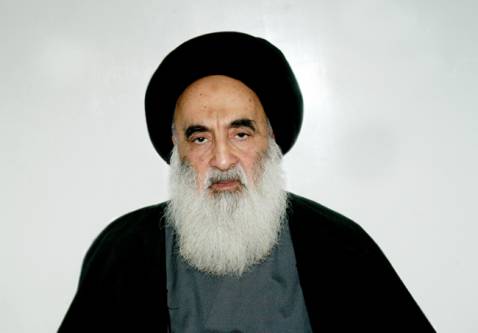The decision by Nouri al-Maliki to step down as Iraq’s prime minister brought celebrations from his opponents Friday, as the country’s top Shiite cleric urged dramatic reforms so the new government can take on Sunni insurgents who have overrun large parts of the country.
The man tapped to become the next prime minister, Haider al-Abadi, a veteran Shiite lawmaker, now faces the immense challenge of trying to unite Iraqi politicians as he cobbles together a cabinet in just over three weeks.
Al-Abadi said Friday his government would be based on “efficiency and integrity, to salvage the country from security, political and economic problems” — but that is easier said than done in a country where forming a government often falls victim to roadblocks and infighting.
Iraq’s major factions deeply distrust each other. Sunni politicians are pressing for greater political influence, saying their disenfranchisement under al-Maliki’s Shiite-dominated government fuelled support for the insurgency, led by the extremist Islamic State group. At the same time, the military needs significant bolstering after falling apart in the face of the militants’ advance and proving incapable of taking back lost territory.
On Friday, Iraq’s most revered Shiite cleric, Ayatollah Ali al-Sistani, called upon the next government to address “shortcomings” in security and to crack down on corruption in the political establishment. The reclusive leader said in a Friday sermon, delivered by his spokesperson, that there is a “dire need” for new leadership that can combat terrorism and heal sectarian divisions.
/149

